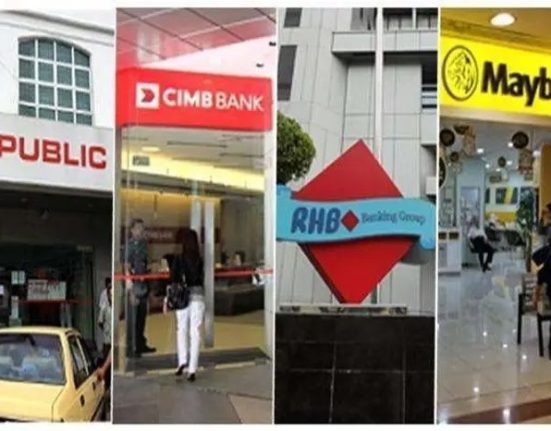PETALING JAYA: Aeon Credit Service (M) Bhd ’s valuations will likely be driven by the performance of its loss making subsidiary, AEON Bank (M) Bhd, which is Malaysia’s first Islamic digital bank.
’s valuations will likely be driven by the performance of its loss making subsidiary, AEON Bank (M) Bhd, which is Malaysia’s first Islamic digital bank.
AEON Credit’s management expects the bank to only post a profit in financial year 2029 (FY29) and to run losses till then due to expansion and product development related costs.
At its AGM on June 25, AEON Credit had guided to RM80mil to RM90mil in associate losses from its 50%-owned digital banking venture in FY26.
“This represents a 17.1% to 31.8% year-on-year (y-o-y) increase from the RM68.3mil loss recorded in FY25 and exceeds our RM75mil loss forecast by 7% to 20%. The updated guidance also surpasses consensus estimates of RM60mil by 33.3% to 50%.
“Further checks with AEON Credit revealed that the higher projected losses are driven by the rollout of expanded product offerings under AEON Bank, including a personal financing facility of up to RM10,000, business banking services and term deposit offerings,” CIMB Securities said in its report.
The research house noted that the expansion entailed higher upfront costs, particularly in digital infrastructure and core banking systems, including cloud deployment, cybersecurity and regulatory compliance.
AEON Bank is projected to see losses peak in FY26 and gradually ease from FY27 with breakeven targeted in FY28 and profitability by FY29.
The financing company also guided to minimal impact on its business from the expanded sales and service tax (SST) apart from RM1.8mil in SST related costs for FY26 (year ending February).
To improve its collections, AEON Credit expects to finalise discussions with two agencies to explore the potential implementation of a salary deduction scheme for civil servant borrowers by this month. This market segment accounts for 19% of its customer base.
It might not fully mitigate the risk of rising impairments, particularly in light of elevated household debt levels and living costs.
The recent increase in civil servant bankruptcies – triggered by the Malaysian Anti-Corruption Commission’s “Op Sky” investigation and the implementation of Malaysia’s “second chance policy” – may continue to weigh on the creditworthiness of this segment, potentially limiting the effectiveness of the salary deduction mechanism over the longer term.
AEON Credit’s impairment losses surged 32.9% y-o-y in FY25, driven by an 18.4% y-o-y increase in delinquent accounts. This resulted in a higher net credit cost of 3.87% in FY25 (FY24: 3.35%) and an increase in the non-performing loans ratio to 2.64% (FY24: 2.57%).


